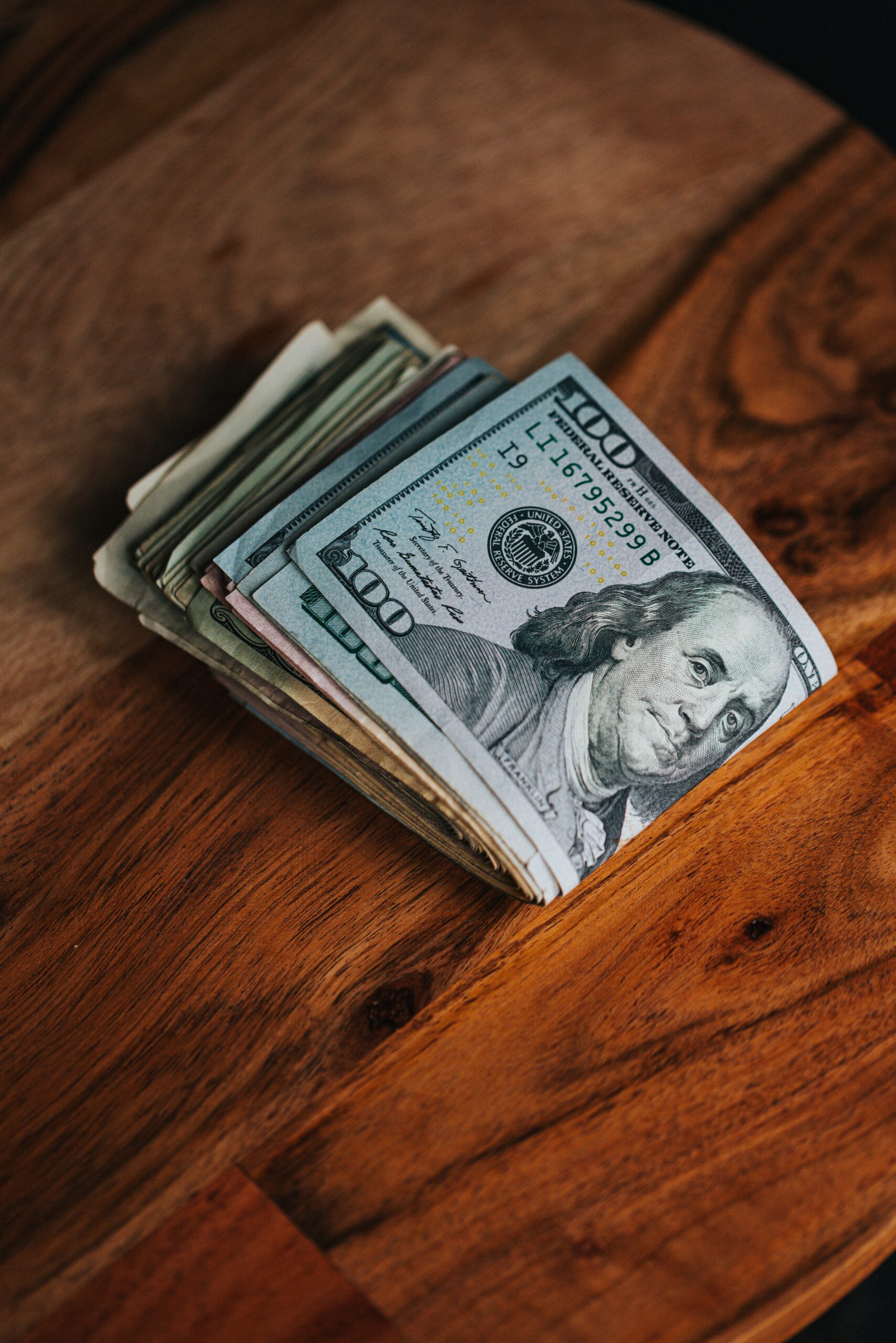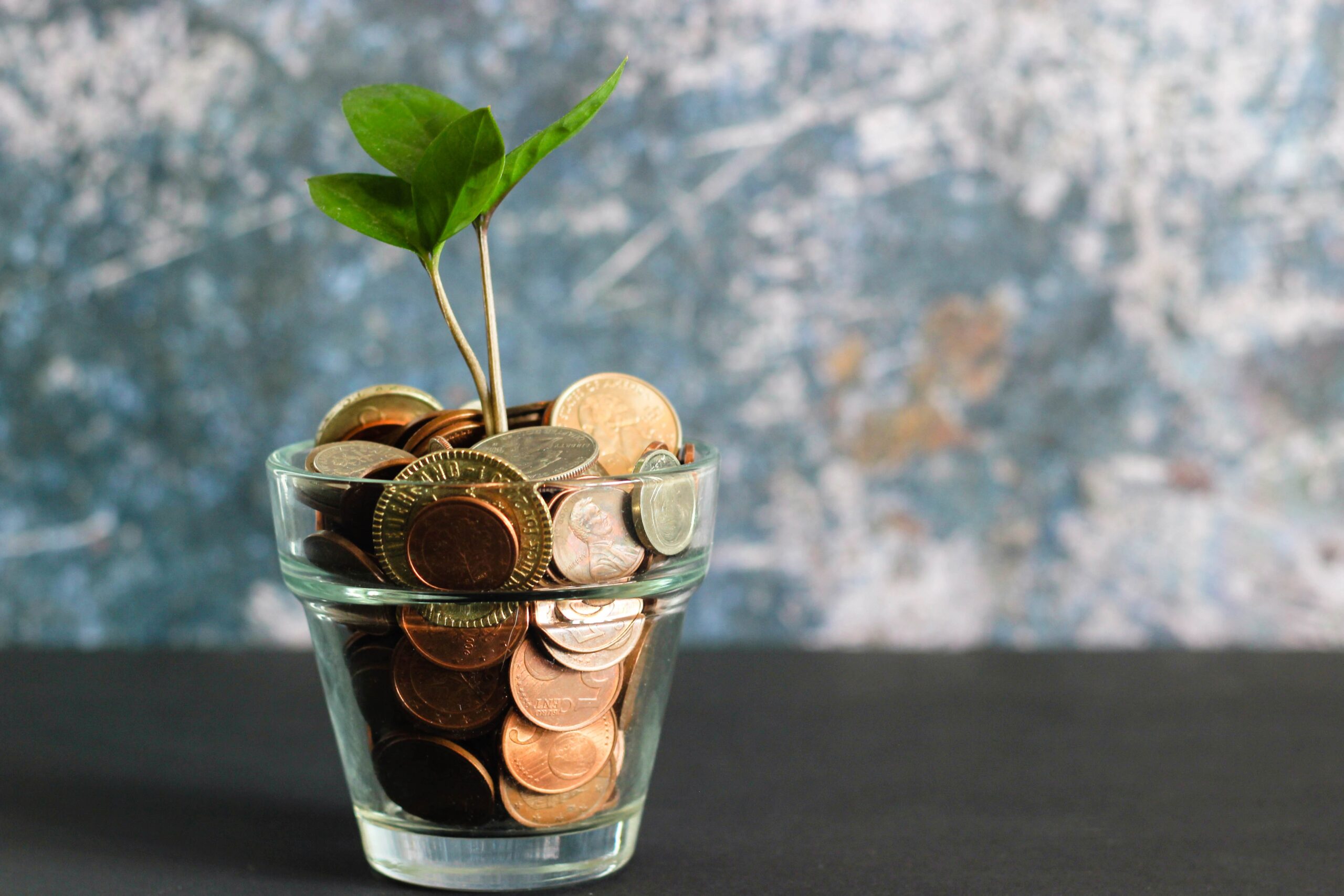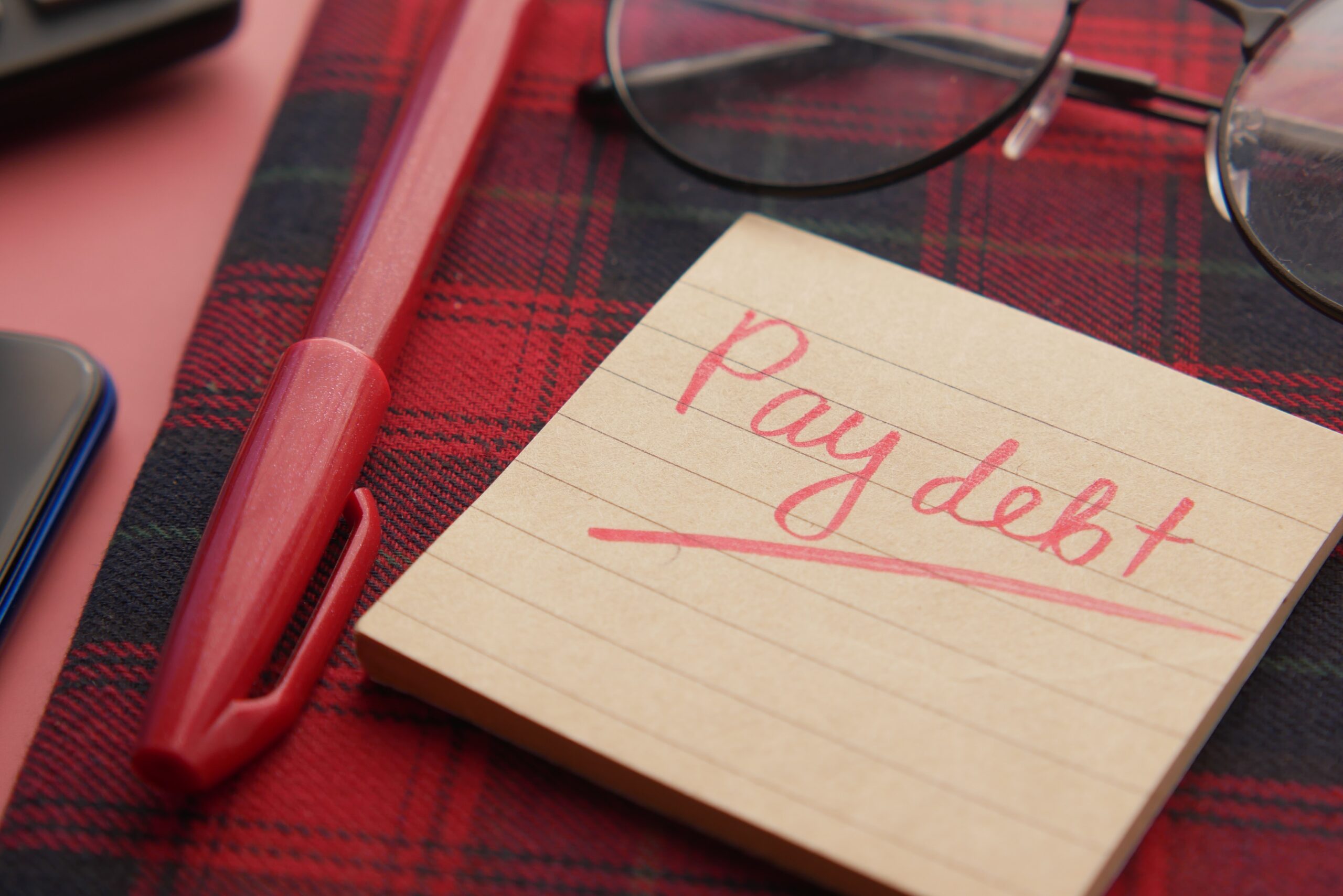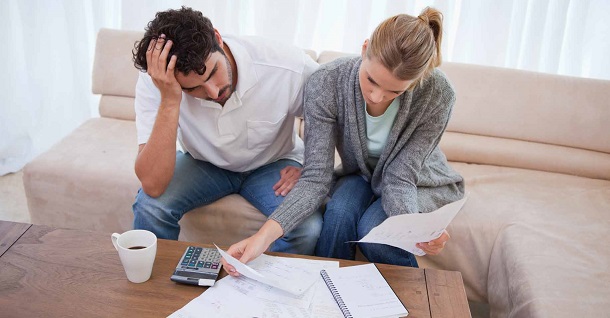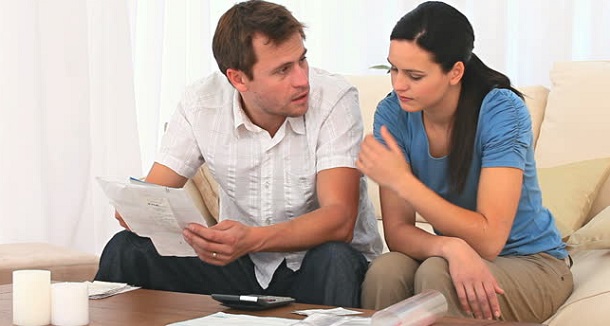
Declaring bankruptcy is a way for you to become debt free when you can’t pay your creditors. It’s a big decision, one that can have long-term effects on your daily life and may not be right for everyone.
What You Need To Know About Declaring Bankruptcy
Before you decide to declare bankruptcy, you’ll need to consider the following:
- Bankruptcy costs money, approximately £680, which you’ll need to pay before you can file.
- You might need to sell your belongings or your home to pay off your debts, and your pension savings may be at risk.
- Your credit rating will be significantly impacted, making it harder to get loans, mortgages or credit cards; bankruptcy stays on your credit report for six years.
- Until your bankruptcy is discharged, you’ll have restrictions placed on your work and finances.
- Not all debts are cleared by bankruptcy, and you will still need to pay these.
- Your bankruptcy is part of the public record which anyone can access.
- If you’re not a British citizen, any application for citizenship or to bring dependents into the country will likely be denied.
- Creditors can apply to make you bankrupt if you owe more than £5,000.
- Your business could be shut down and its assets sold off to pay your creditors.
Is Bankruptcy Right For You?
Bankruptcy is not right for everyone.
It might be right for you if:
- You don’t know how else you can pay off your debts.
- You have little or no equity in your home.
- The value of your belongings is less than the amount of your debts.
It might not be right for you if:
- Your debts are less than £20,000 and your belongings less than £1,000.
- Declaring bankruptcy puts your career at risk, e.g. solicitor, accountant, or estate agent.
- You want to keep your financial difficulties private.
- You can access additional funds to pay off your debts.
- Your circumstances may change, e.g. through an inheritance, which will allow you to pay off your debts.
Alternatives To Bankruptcy
If bankruptcy isn’t for you, there are alternatives:
- Debt Relief Orders if your debts are less than £20,000 and you have less than £50 a month to pay creditors, you’re not a homeowner, and your belongings (bar vehicles) aren’t worth more than £1,000.
- Individual Voluntary Arrangements (IVAs) if you have £100 or more to pay towards your debts each month and can pay off your debts over a set period.
- Administration Orders if you have unsecured debts under £5,000 and a County Court Judgement for debt.
What Happens After You Are Declared Bankrupt?
Bank accounts
Most banks automatically freeze your bank accounts, which will remain frozen until they speak to the Official Receiver, which can take time. You need to talk to your bank to see if they’ll keep your bank account open, but they don’t have to say yes.
You should be able to open a new bank or building society account, though this is at a bank’s discretion and they may apply restrictions, e.g. not letting you have an overdraft. When you go to open a new account, you need to let them know you have been declared bankrupt.
You don’t need to tell the Official Receiver about your new account, but you do need to tell them about any money in those accounts beyond what you’re allowed to keep for living expenses.
Change in circumstances
You must tell the Official Receiver if you have a change of circumstances, including:
- Increased or reduced income.
- Lump sum payments, e.g. an insurance claim or inheritance.
- Lottery or premium bond winnings.
The Official Receiver can ask you to pay this money towards your debts. If you don’t inform the Official Receiver, you could be prosecuted for committing a bankruptcy offence.
If you forgot about assets when you applied for bankruptcy and they aren’t included in your bankruptcy order, you need to contact the Official Receiver as they may be applied to your debt.
Adding debt to your bankruptcy
If you forgot about any debt when you applied for bankruptcy, you could ask that this is attached to the order. You cannot ask for any new debt to be added to your bankruptcy.
New credit
You cannot apply for credit of more than £500 without telling the lender about your bankruptcy; if you don’t tell them, you are committing a criminal offence.
Creditors
Creditors must stop asking for money for most debts once you are declared bankrupt and cannot start any new court proceedings against you. They can send you letters letting you know the balance of your account and ask you to pay debts not included in your bankruptcy. Debts that they can still ask you to pay include magistrates court fines, maintenance or child support arrears, student loan and HMRC debts.
Cancelling your bankruptcy
If you’ve paid off your debts and bankruptcy expenses in full, you can apply to cancel your bankruptcy. You can also ask for your bankruptcy to be cancelled if it was issued in error, e.g. you owed less than £5,000, or your creditors agree to an IVA. You cannot apply to cancel your bankruptcy because you think you’ve made the wrong decision and changed your mind.
When Does A Bankruptcy End?
Bankruptcy is generally over after one year. You’ll be told when it’s over by the Official Receiver, who can delay the discharge if you have not cooperated with your bankruptcy order. You will still be under bankruptcy restrictions, which could last for up to fifteen years. You will also still need to make payments under income payments agreements and orders.



